Common Name(s): Mangium, black wattle, hickory wattle
Scientific Name: Acacia mangium
Distribution: Australia and Papua New Guinea
Tree Size: 65- 100 ft (20-30 m) tall,
1-2 ft (.3-.6 m) trunk diameter
Average Dried Weight: 36.5 lbs/ft3 (585 kg/m3)
Specific Gravity (Basic, 12% MC): .47, .59
Janka Hardness: 1,430 lbf (6,340 N)
Modulus of Rupture: 14,230 lbf/in2 (98.2 MPa)
Elastic Modulus: 1,605,000 lbf/in2 (11.07 GPa)
Crushing Strength: 7,550 lbf/in2 (52.1 MPa)
Shrinkage: Radial: 2.8%, Tangential: 7.8%,
Volumetric: 10.7%, T/R Ratio: 2.8
Color/Appearance: No data available.
Grain/Texture: No data available.
Rot Resistance: No data available.
Workability: No data available.
Odor: No characteristic odor.
Allergies/Toxicity: Besides the standard health risks associated with any type of wood dust, no further health reactions have been associated with Mangium. See the articles Wood Allergies and Toxicity and Wood Dust Safety for more information.
Pricing/Availability: No data available.
Sustainability: This wood species is not listed in the CITES Appendices or on the IUCN Red List of Threatened Species.
Common Uses: No data available.
Comments: Mangium is commonly grown as a plantation species, and density of the wood can vary greatly depending on tree age and growing conditions. It is also hybridized with earpod wattle (A. auriculiformis) to form another plantation species.
Images: Drag the slider up/down to toggle between raw and finished wood. (A special thanks to Per Stangegaard for providing the wood sample of this wood species.)
Identification: See the article on Hardwood Anatomy for definitions of endgrain features.
Porosity: diffuse porous
Arrangement: solitary and radial multiples
Vessels: large, few
Parenchyma: vasicentric
Rays: narrow, normal spacing
Lookalikes/Substitutes: No data available.
Notes: Heartwood will sometimes fluoresce under blacklight (not always present).
Related Content:

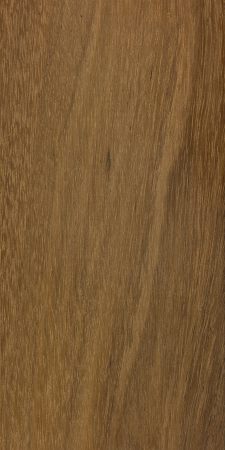
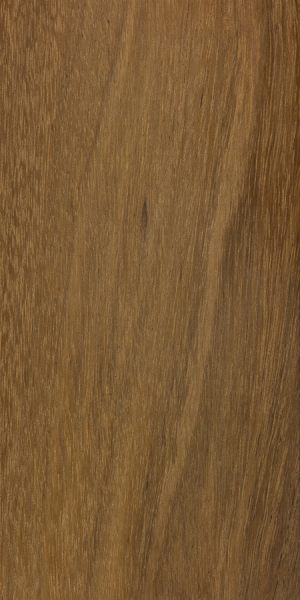
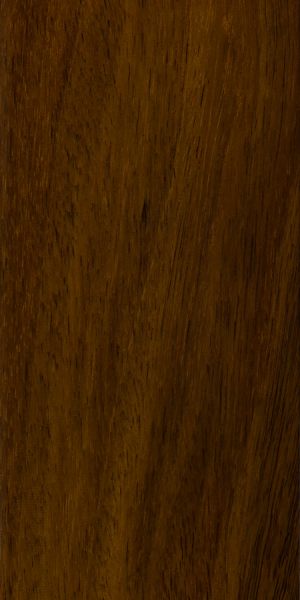
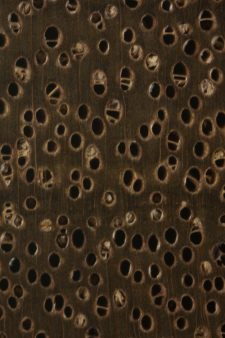

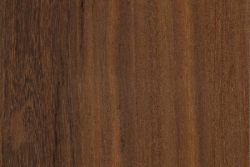
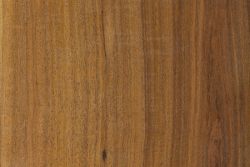
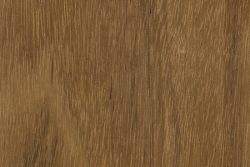
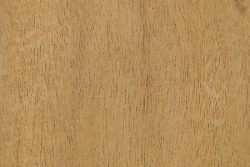
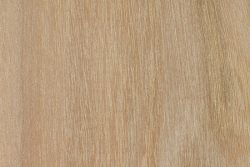
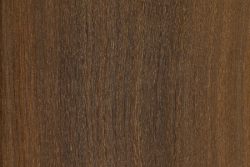
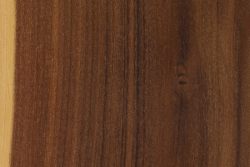
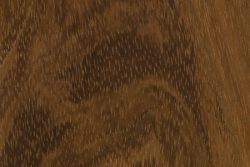
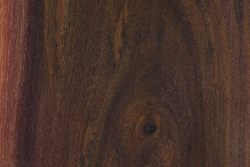
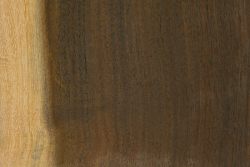
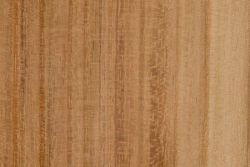
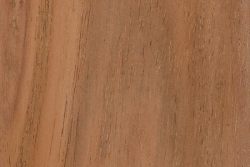
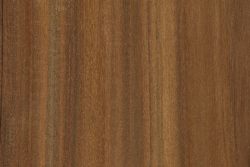
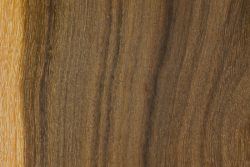
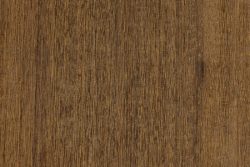
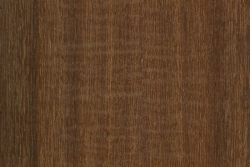
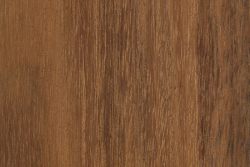
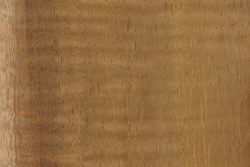
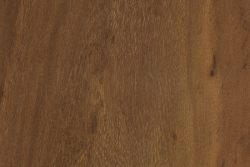
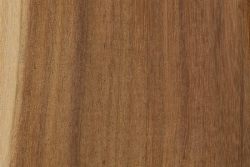
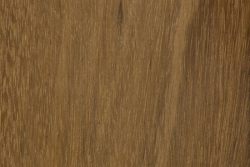
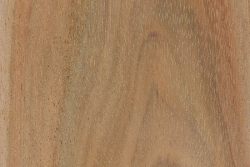
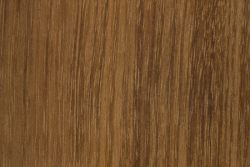
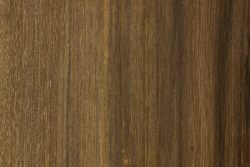
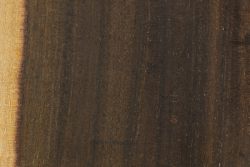
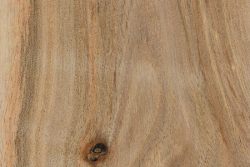
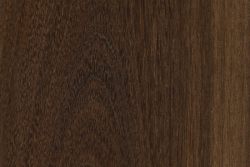
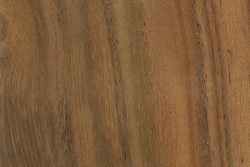
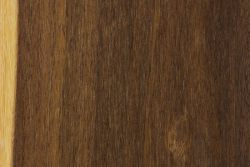
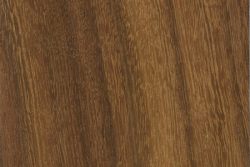
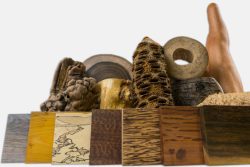
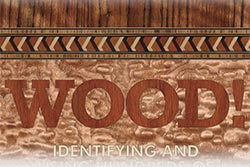
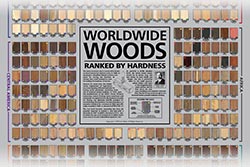
They call at least two types of acacia ‘hickory wattle’. This one (mangium) and lightwood. Threw me off for a minute!